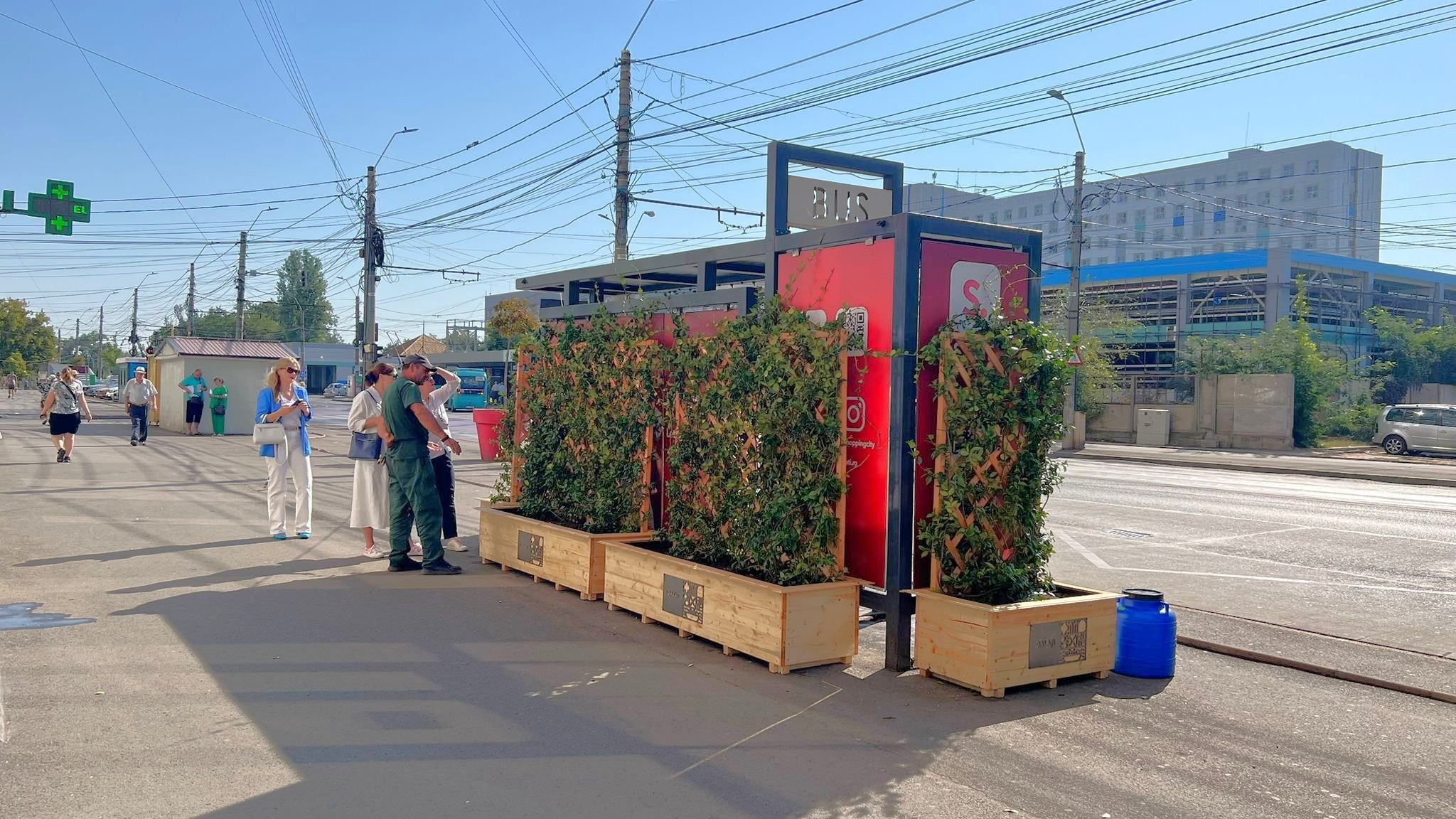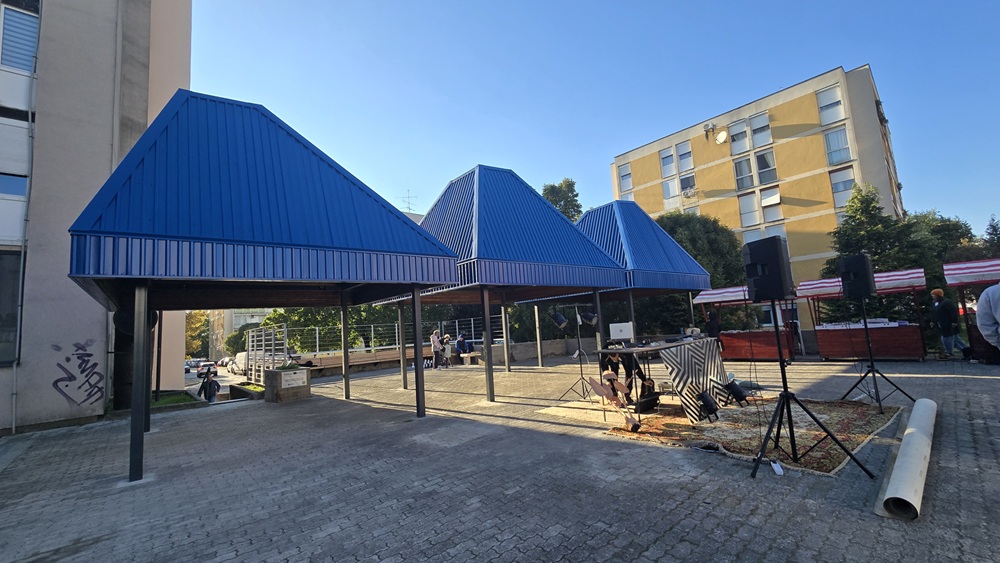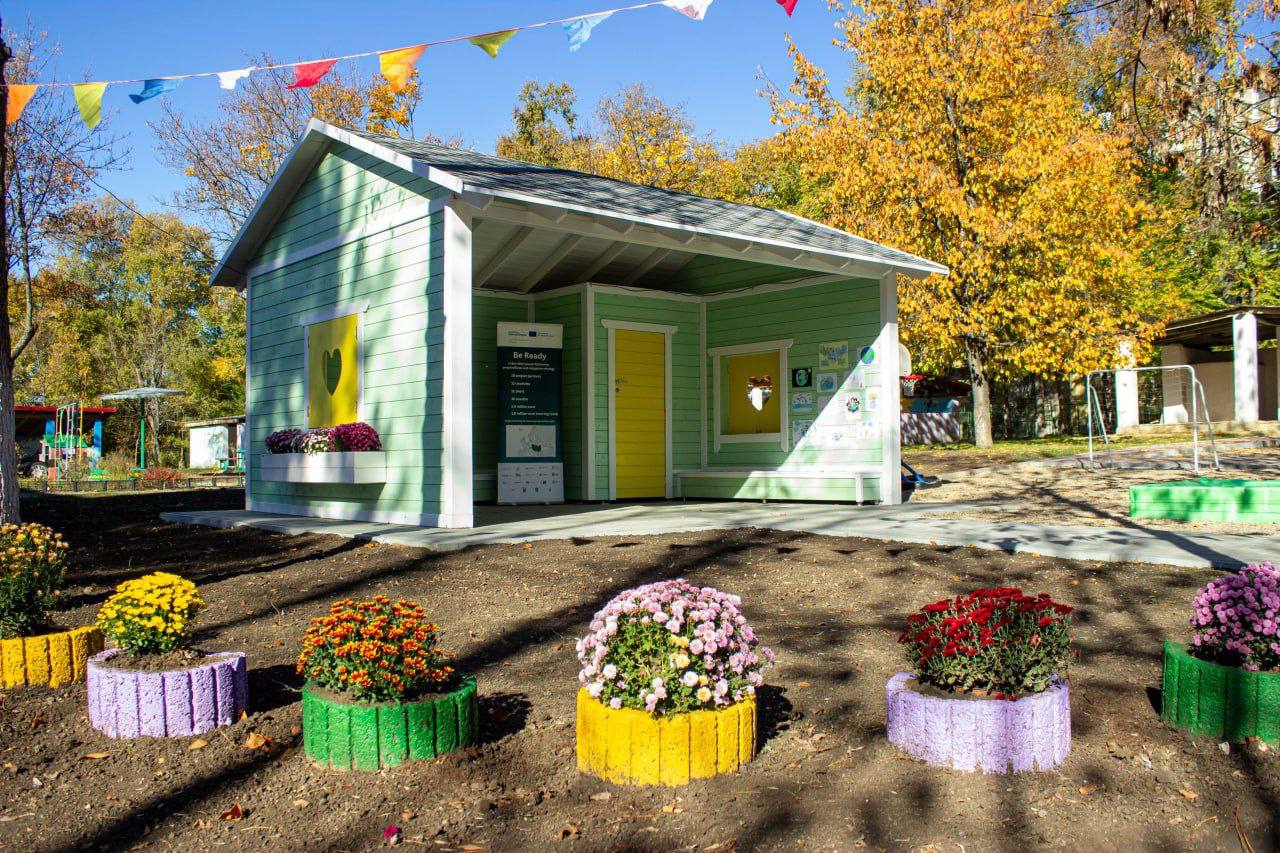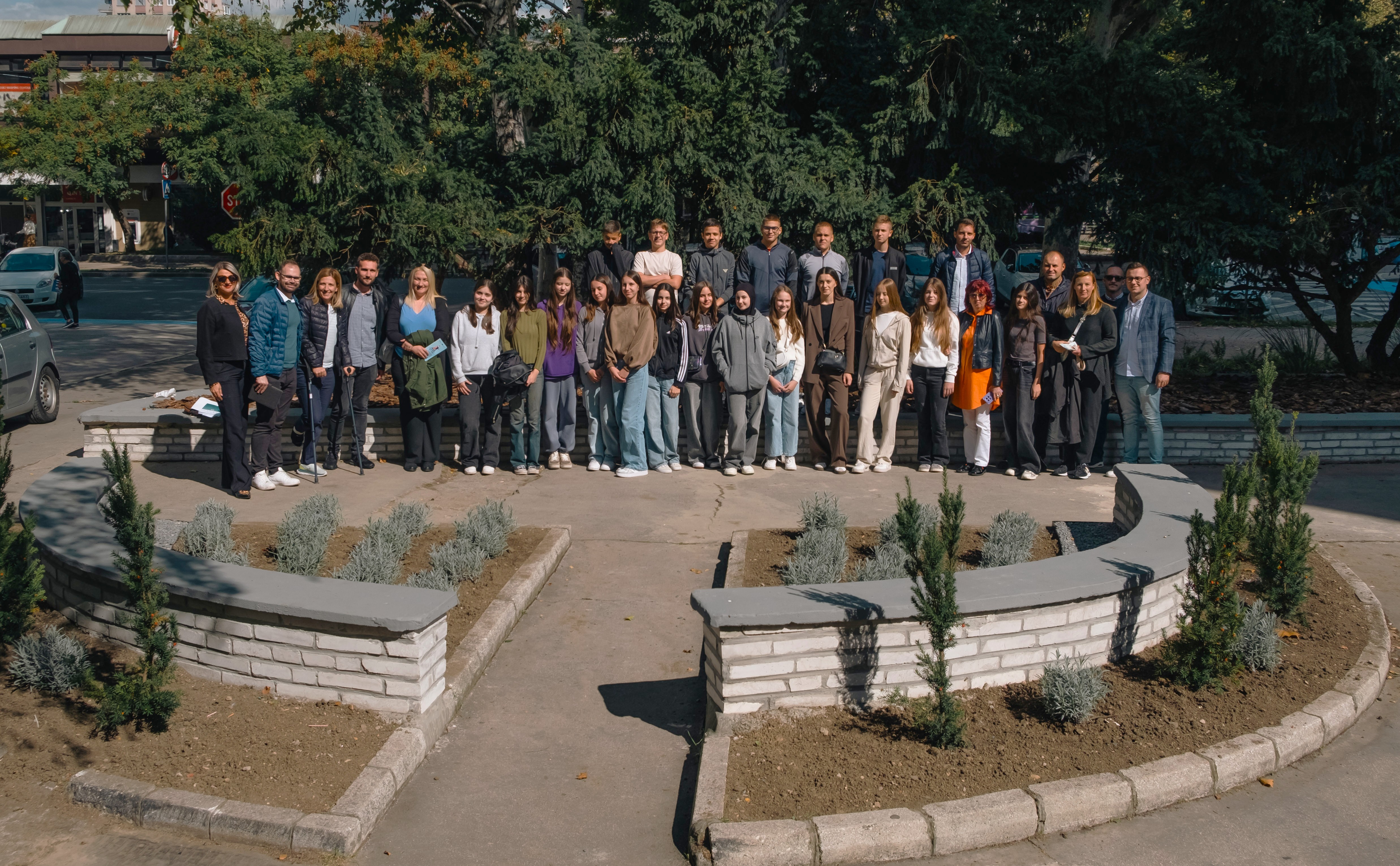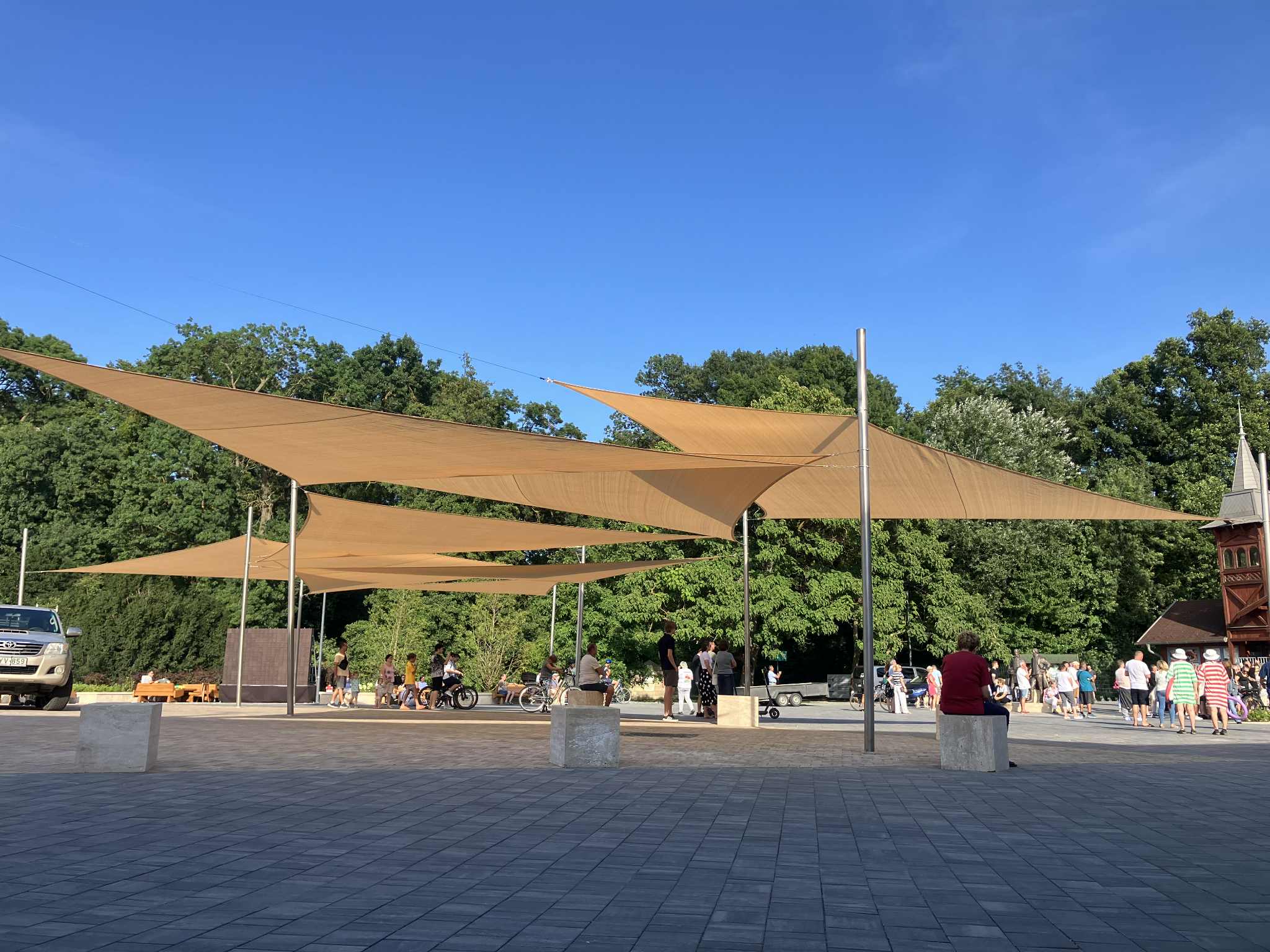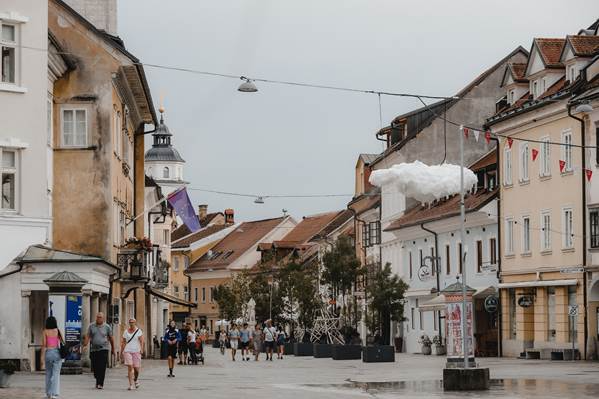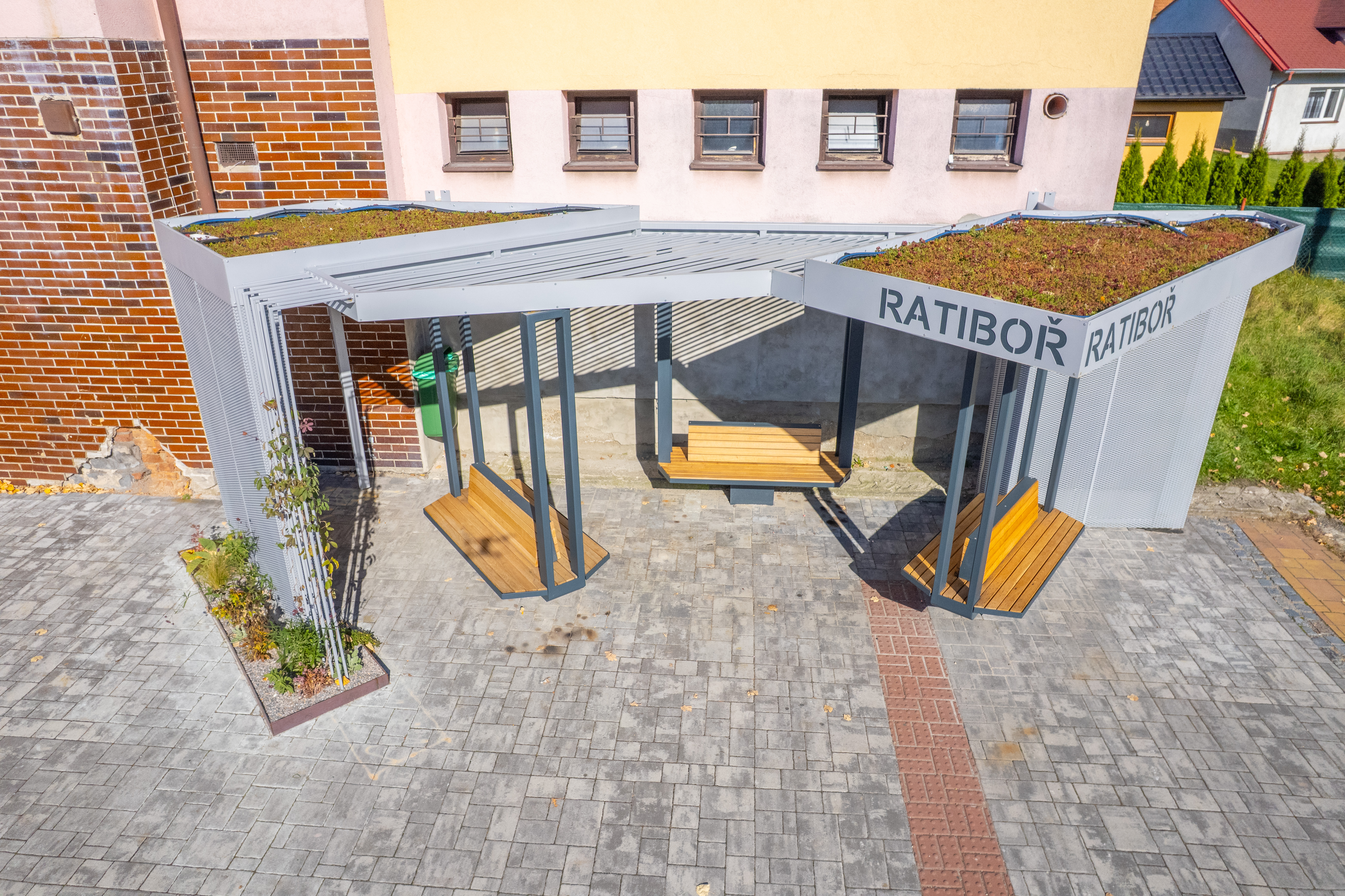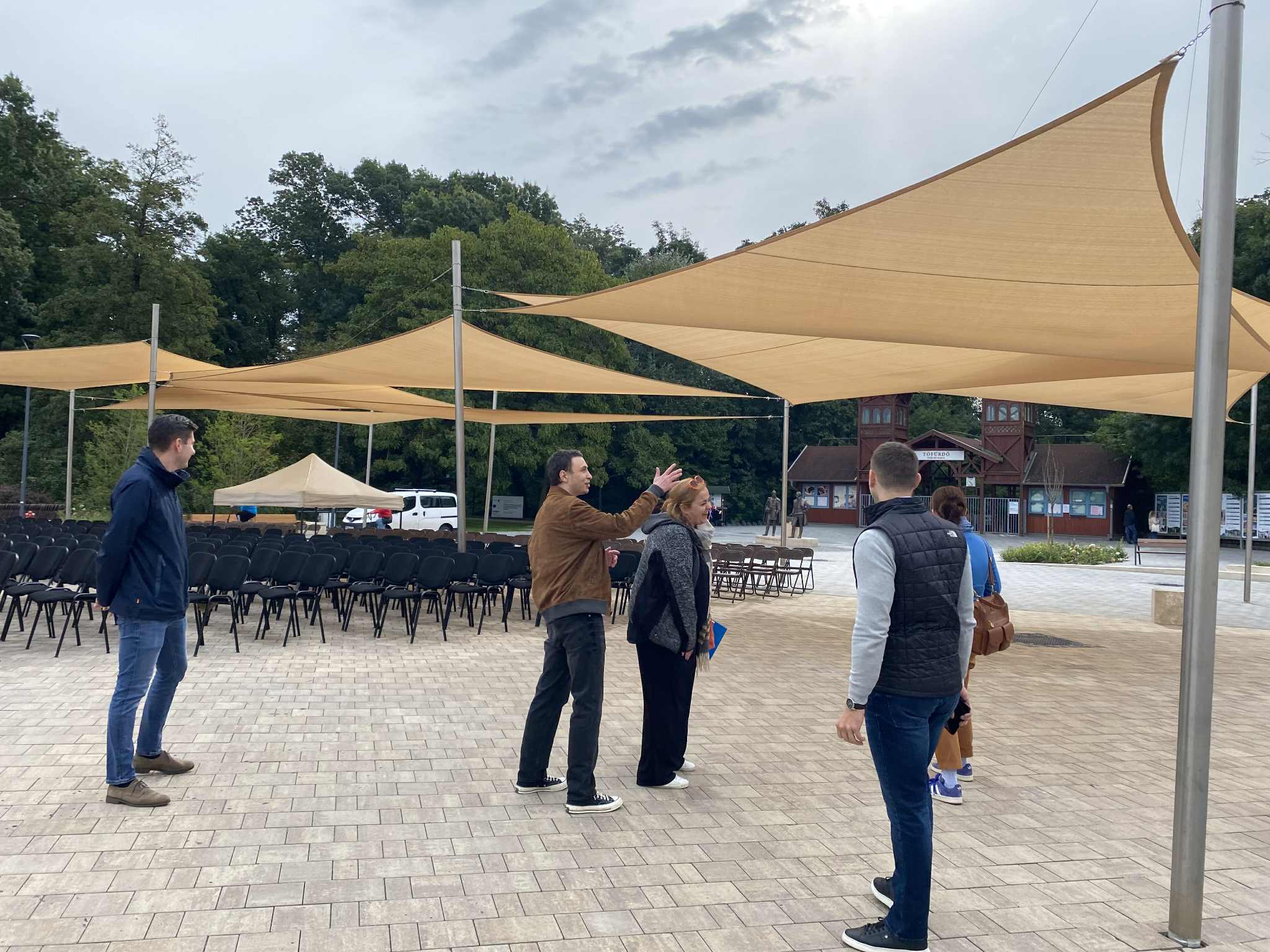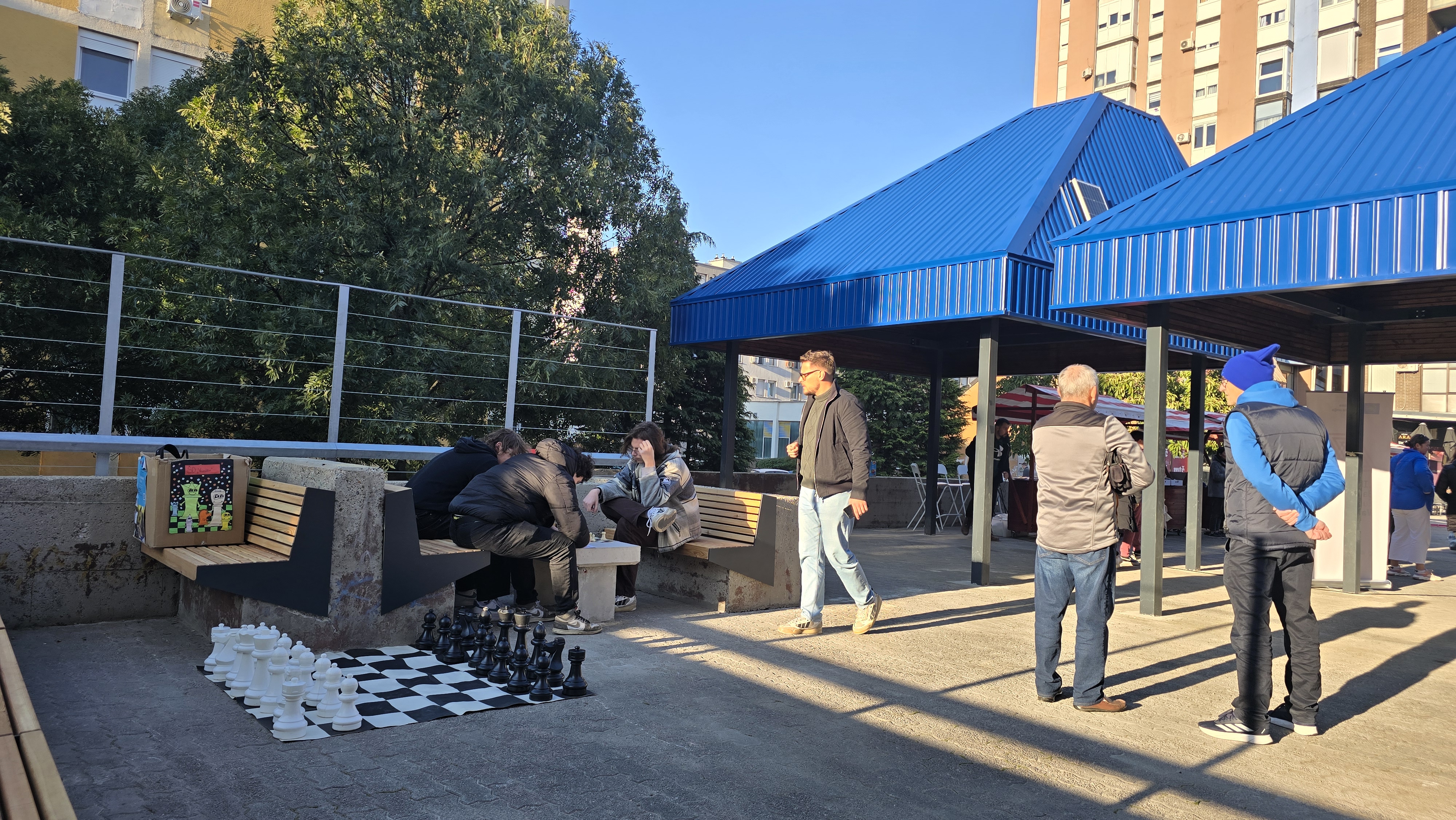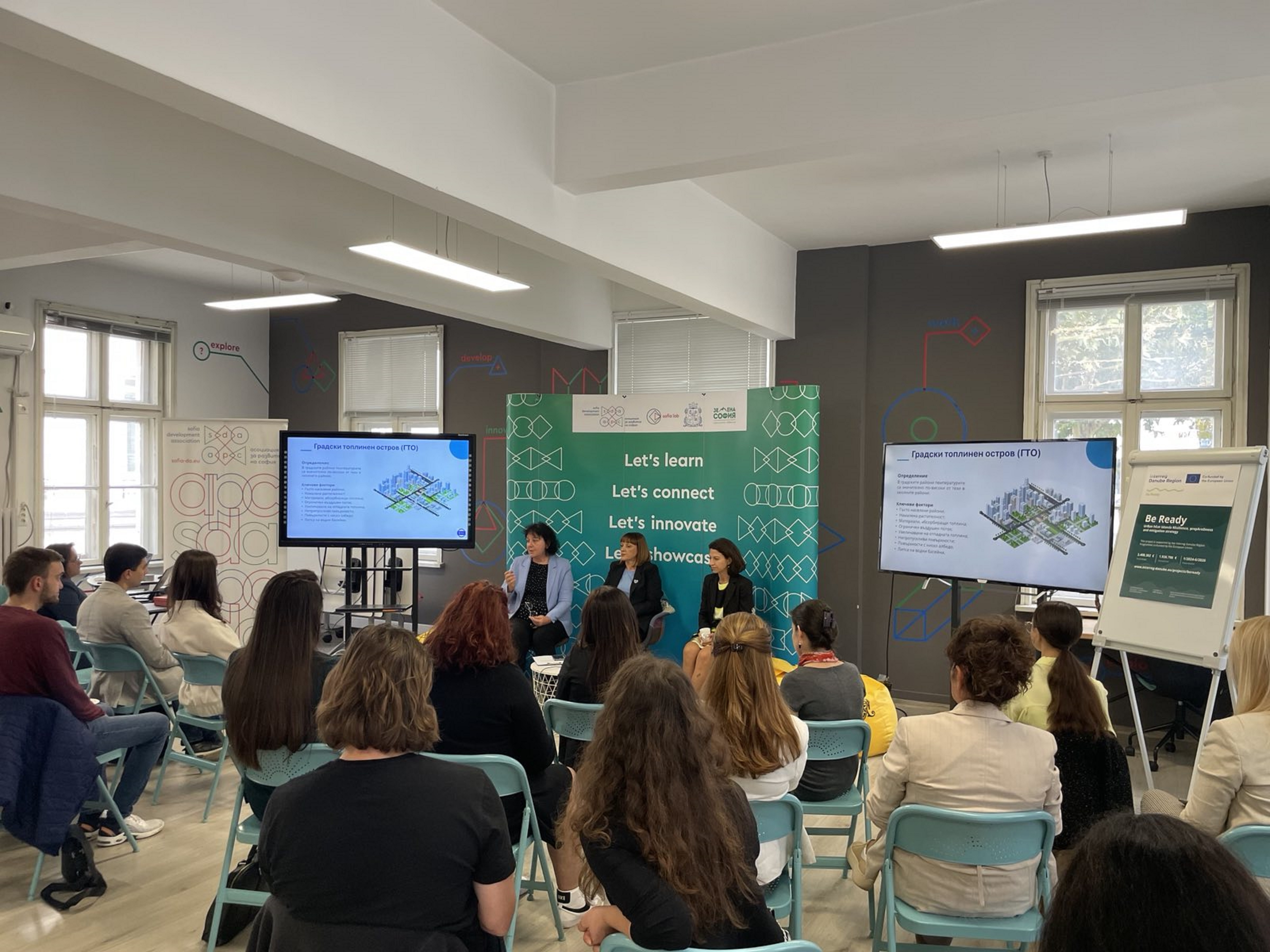
Local Stakeholders in Sofia Explore Solutions to Urban Heat Islands
At the beginning of October, the Bulgarian partners in the BeReady project – Sofia Development Association (SDA), Sofia Municipality, and BISI brought together representatives of local and national authorities, researchers and civil society organizations in a workshop to discuss issues related to the risks and mitigation of urban heat islands. The workshop is an important step in achieving the objectives of BeReady, namely, mobilizing local stakeholders, raising awareness and developing actionable strategies to mitigate the effects of urban heat islands in the city.
Ekaterina Yordanova, Chairperson of the Governing Board of SDA and municipal councilor, opened the event by reflecting on the urgency of the issue; she stated: "We have just experienced the warmest summer in the last 130 years since temperature measurements and data collection began." Her remarks set the stage for an intensive full-day interaction among the participants and exploration of strategies to combat the effects of UHI in Sofia.
Sevdalina Voynova from SDA presented the main objectives and activities planned in BeReady. The project aims to assist partner cities in developing and adopting action plans, to create, test, and validate jointly developed solutions to mitigate the effects of UHI, and to provide local and regional authorities with scientific research and UHI risk assessment tools.
Prof. Bernhard Pucher from the University of Natural Resources and Life Sciences (BOKU) in Vienna, one of the project’s scientific partners, discussed the vulnerability and risk assessment methodology, developed specifically for the project to build the partner cities’ UHI assessment capacity. He emphasized various methods that cities can adopt to identify and protect vulnerable social groups as part of the local authorities’ preparedness to tackle UHI.
The workshop sessions engaged participants in expert discussions regarding the process of data collection and risk assessments specific to Sofia.
Representatives of the GATE Institute, the National Center for Public Health and Analyses and the "100KTrees" project presented innovative tools and strategies for evaluating heat island risks and discussed the integration of these findings into Sofia's urban planning framework.
The workshop concluded with a discussion panel featuring representatives from Sofia Municipality. They addressed participants' questions and detailed the city's ongoing efforts to mitigate the negative impacts of UHI on the city residents.
An important achievement at this stage of the project was the signing of a local coalition pact. This document brings together local stakeholders, reaffirming their commitment to addressing urban heat islands collaboratively. The pact symbolizes a collective effort to implement meaningful solutions that improve urban resilience against climate change.
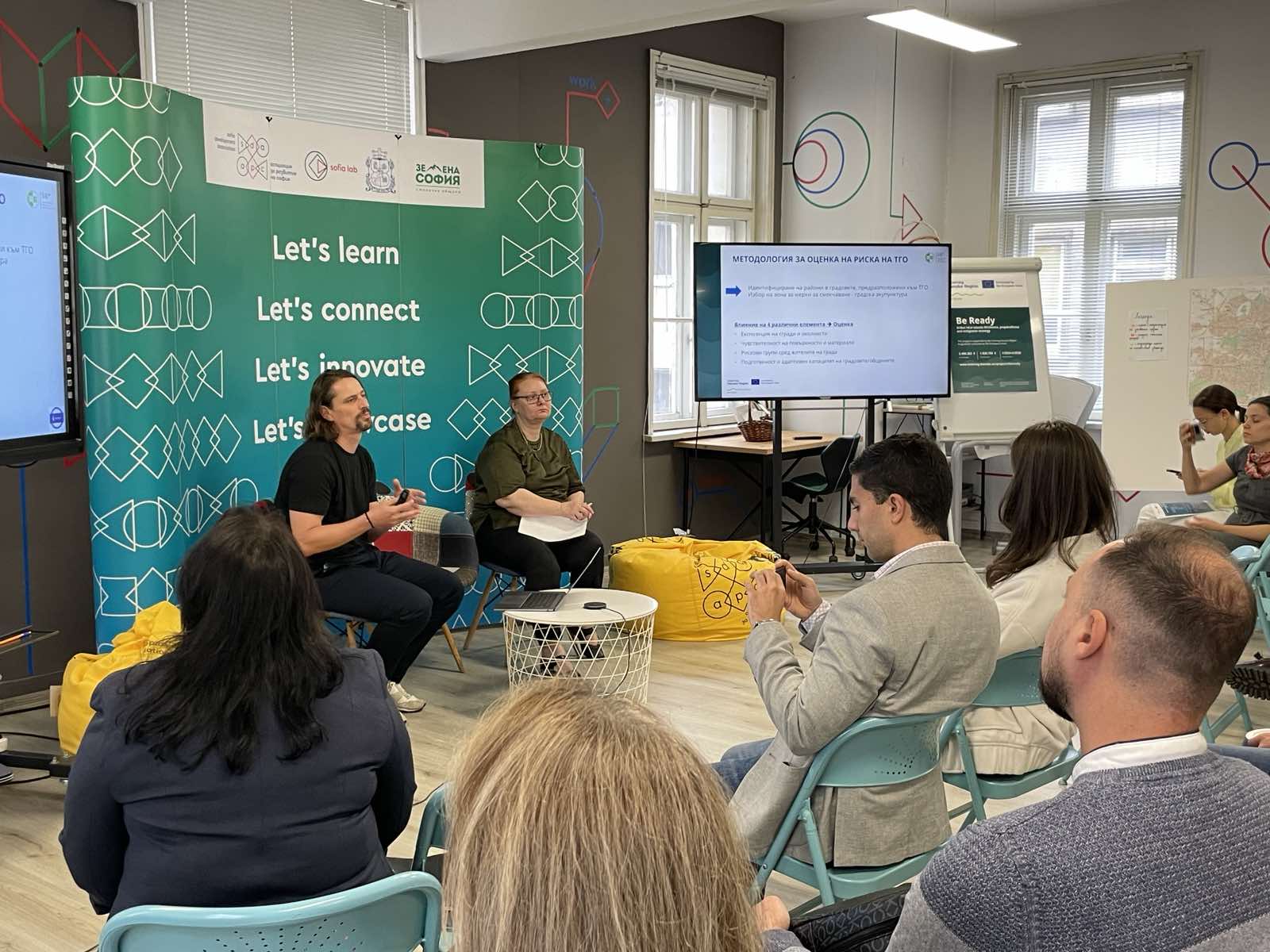
News & Events
Read the most recent updates and explore the upcoming events.

